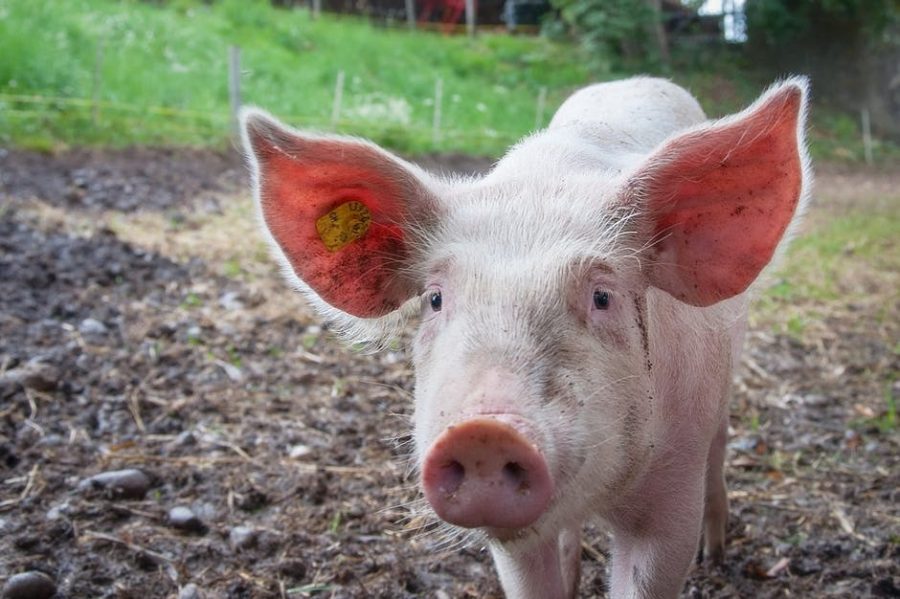For most people, familiarity with human-like pigs are limited to “Charlotte’s Web.”
Recently, researchers announced the creation of a human-pig hybrid through injecting human cells into a pig embryo.
While talking Wilburs will not be walking around anytime soon, the potential for medical advances, such as being able to grow organs for those in need, are within reach. Of course, these advances raise many ethical and human rights concerns about creating a new human-animal.
Dr. Jun Wu, a staff scientist in the gene expression laboratory at the Salk Institute in San Diego, California was the first author of the research, which appeared in the journal Cell. The team first grew rat organs in mice, and after their success with growing a gallbladder, they decided to experiment with human cells. After experimentation, the team successfully announced that mouse pancreases grown inside rats treated diabetes when parts of the healthy organs were transplanted into diagnosed mice.
Human pluripotent stem cells were then injected into over 1,500 pig embryos. One hundred eighty-six of the later-stage embryos survived. Currently, there is only 1 in 100,000 cells that are human in those cells meaning the human body would reject this organ. The team said they are working to find what the approximate number of human cells needed for the human body to accept the organ. To test the safety and effectiveness of their work, Wu’s team stopped the experiment at four weeks.
Every ten minutes, a person is added to the national waiting list for organ transplants. Every day, 22 people on that list die without the organ they need. By creating human organs inside animals, many people can be saved and all kinds of research on organ repair and regeneration can begin. Wu’s team wants to first solve problems like diabetes and pancreatic failure as they see most potential in that area.
Yet, the experiment raises certain ethical questions about interfering with animals and nature as well as the creation of a possible secondary class of human chimera. The experiments have stayed within official ethical guidelines thus far. Wu has stated that he will probably move the experiment to Spain, where most of the funding for the experiment came from, since Spain has more stringent guidelines on ethics than the United States. Will human-animal hybrids become commonplace? How does the potential to save human lives stack up against a moral compass? These are all questions that many are still searching for answers for.












